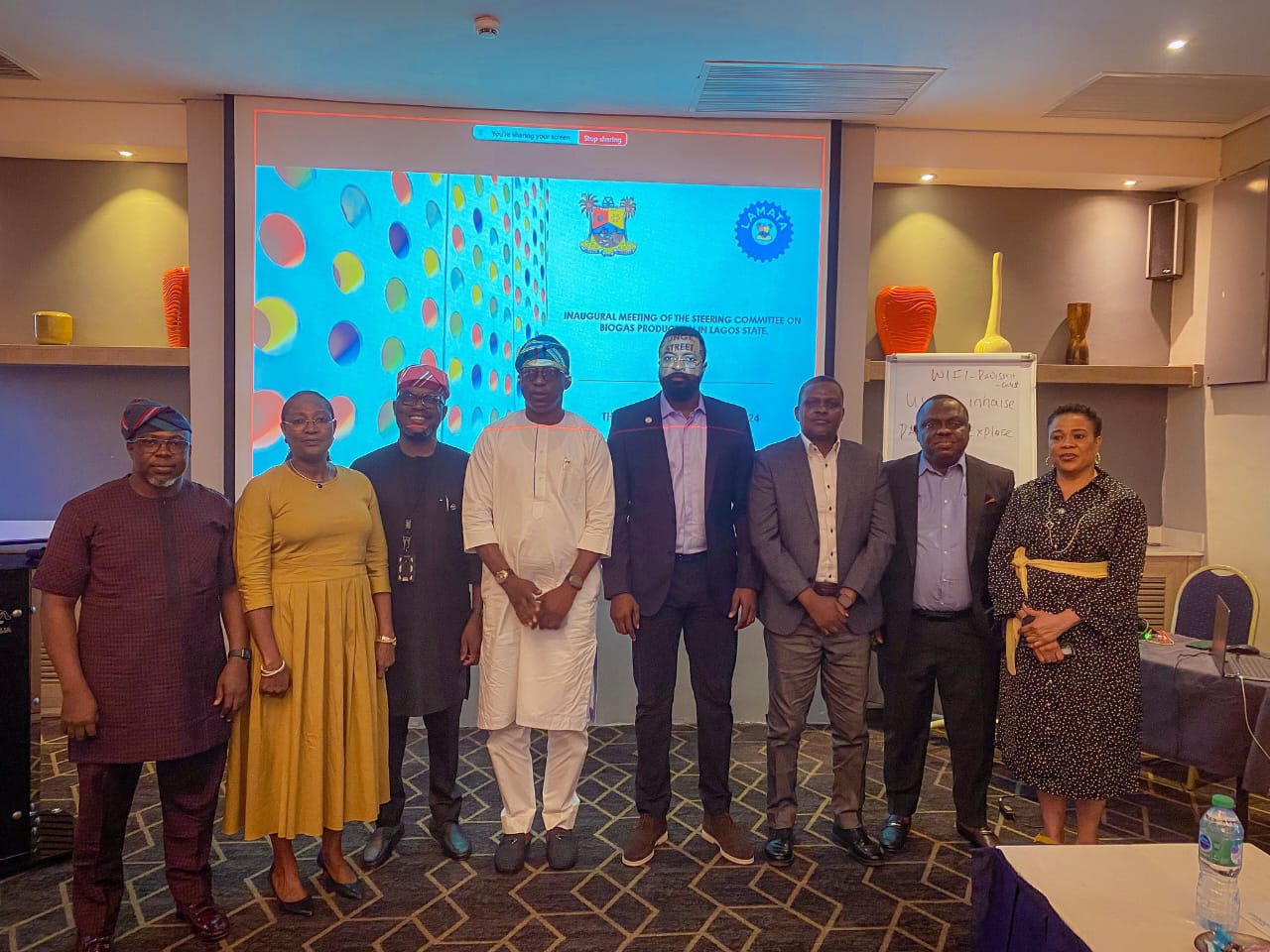The Lagos Metropolitan Area Transport Authority (LAMATA) has taken a significant step towards a greener future by inaugurating a steering committee to oversee the implementation of alternative fuel for transportation and power generation.
This move comes after the completion of a comprehensive study conducted by CPCS, funded by Swedfund. The study concluded that biogas presents the most viable option, given its compatibility with existing Compressed Natural Gas (CNG) buses.
The steering committee will nominate members to form a working group. This working group, composed of representatives from key ministries and agencies, will meet monthly to provide updates to the steering committee. The steering committee, in turn, will meet quarterly to report to the Executive Council.
High ranking government officials in attendance at the inauguration today included, Commissioner for Transportation, Mr. Oluwaseun Osiyemi, Commissioner for the Environment and Water Resources, Mr. Tokunbo Wahab, Commissioner for Energy and Mineral Resources, Mr. Biodun Ogunleye, Permanent Secretary, Ministry of Energy and Mineral Resources, Mrs. Abiola Kosegbe, Managing Director, Lagos State Waste Management Authority (LAWMA), Dr. Muyiwa Gbadegesin, representatives from the Ministry of Agriculture, Lagos State Resilience Office, Lagos State Wastewater Management Office and Lagos State Environmental Protection Agency (LASEPA).
In their remarks, the Commissioners for Transportation and Energy and Mineral Resources underscore the importance of the initiative, especially the benefit to the environment.
During the meeting, MD of LAMATA, Engr. Mrs. Abimbola Akinajo, expressed gratitude for the stakeholders’ commitment to the project while the Commissioner for Transportation urged swift action in nominating representatives to the working group.
The roadmap outlined by consultants envisions a fully operational biogas plant in Lagos by 2029.
This ambitious project has the potential to revolutionize the city’s transportation and power sectors, reduce greenhouse gas emissions, and create a more sustainable future.

